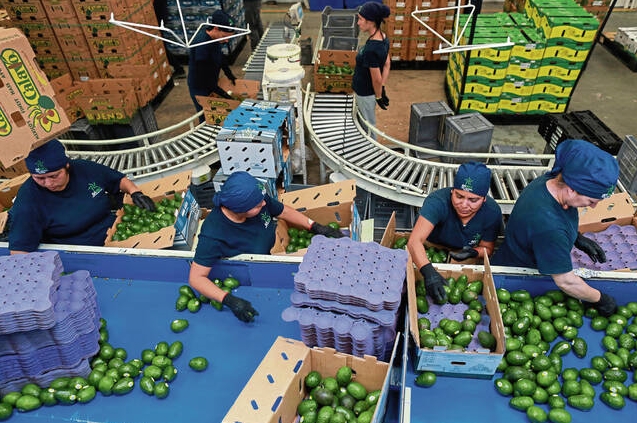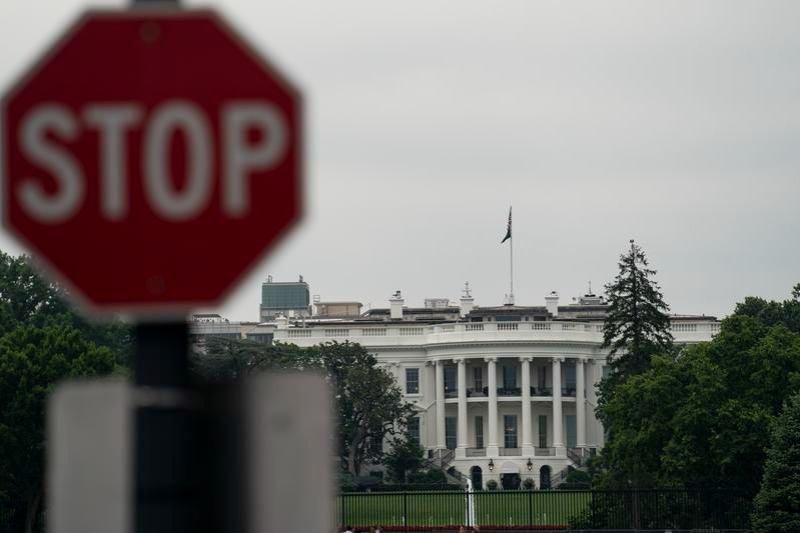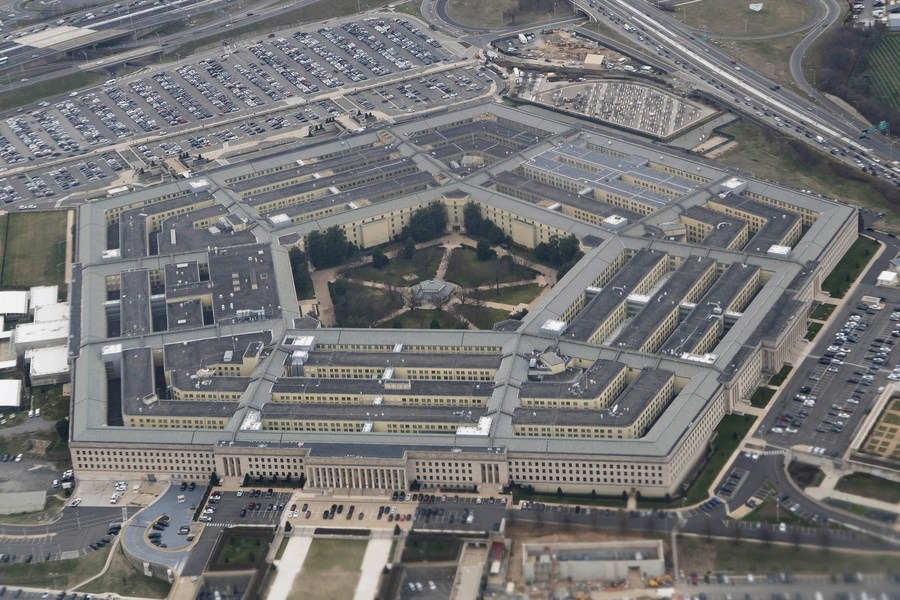US consumers brace for tariffs
Economists warn move could affect jobs and 'weaken' domestic competitiveness


Experts suggest that US consumers will bear the brunt as President Donald Trump prepares to launch reciprocal tariffs on key trading nations worldwide in what he has dubbed "Liberation Day".
The tariffs, expected to go into effect on Wednesday, will shake up international trade relationships, say economists, as they will impose reciprocal dollar-for-dollar levies on any nation that taxes US goods. Other analysts suggest the cost of cars, electronics, pharmaceuticals and metals will rise, stinging US consumers.
Thomas Fullerton, an economics professor at the University of Texas at El Paso, told China Daily, "This policy will be implemented in addition to the more problematic tariffs on steel, aluminum, automobiles and auto parts."
The administration is targeting countries that have "trade barriers" with the US.
Trump told reporters aboard Air Force One on Sunday that the tariffs may start with "all countries".
The previously paused tariffs of 25 percent on Mexico and Canada are scheduled to kick back in on Wednesday. China is already subject to a 20 percent tariff and other charges.
"This will be the Golden Age of America! Will there be some pain? Yes, maybe (and maybe not!)," the US president posted on Truth Social in February.
Jessica Riedl, a senior fellow at the Manhattan Institute, a center-right US think tank, said the tariffs could equate to the largest peacetime tax hike since World War II.
The shake-up by the government is causing widespread concern among trade partners. Some governments have promised to hit back.
In addition, the proposals have raised questions about the status of the United States-Mexico-Canada Agreement, which Trump helped negotiate in his first term.
Fears of recession
On Wall Street, uncertainty over the impending tariffs has unsettled the stock market amid fears of a recession. On Friday, the Dow Jones Industrial Average plunged 716 points but rebounded by 418 points on Monday. The S&P and Nasdaq on Monday closed out their worst quarters since 2022.
A 25 percent tariff on imported autos also will go into effect on Thursday.
Arthur Laffer, an economist awarded the Presidential Medal of Freedom by Trump in 2019, said that the auto tariffs could add $4,711 to the cost of a vehicle for US buyers.
"A 25 percent tariff would not only shrink, or possibly eliminate, profit margins for US manufacturers but also weaken their ability to compete with international rivals," Laffer told The Associated Press.
Trump responded to NBC News: "I couldn't care less if they (the tariffs) raise prices, because people are going to start buying American-made cars."
As the auto sector is heavily reliant on goods manufactured in Mexico and Canada, some warn that manufacturers will likely shift to other countries.
"In some sectors, tariffs create no new jobs in the US, as trade is diverted to third countries rather than inducing new domestic production," Mary Lovely, professor emeritus of economics at Syracuse University and senior fellow of the Peterson Institute for International Economics in Washington, DC, told China Daily.
While Trump's plan has received widespread support on the right, a handful of Republicans, such as Senator Susan Collins of Maine, have expressed concern over potential levies on Canada.
Senator Rand Paul, a Kentucky Republican, said: "I really strongly disagree because trade has made us so rich, and really has made the world a better place. The more we trade… the less we fight."
Tariffs are sales taxes on goods produced outside of the boundaries of the countries that import those goods. Any US company that purchases a product from abroad must pay some of the item's price to the government.
"If the current combination of tariff schedules is kept in place very long, it will increase inflationary pressures and possibly lead to stagflation as businesses begin to falter," Fullerton said.
The US imports more than $3 trillion worth of goods a year.
Treasury Secretary Scott Bessent said in a speech to The Economic Club of New York in February, "Access to cheap goods is not the essence of the American dream."
Former vice-president Mike Pence responded on X that "free trade lowers the costs of goods and improves the quality of life for every American".
If tariffs ignite a recession, there will be 3.5 million fewer jobs by 2027, according to Moody's Analytics.
belindarobinson@chinadailyusa.com

































